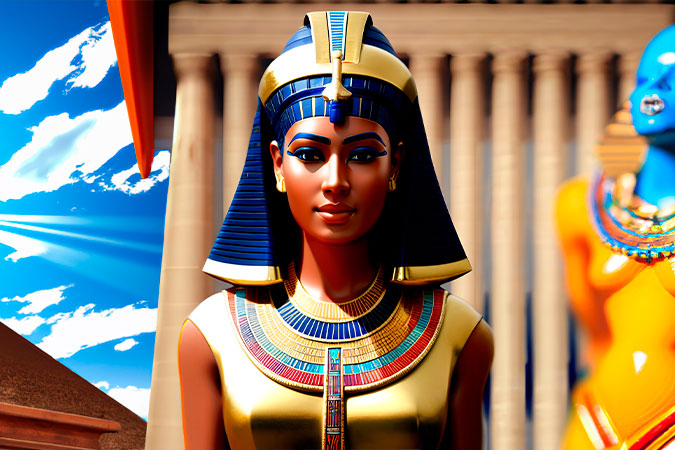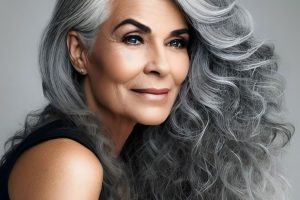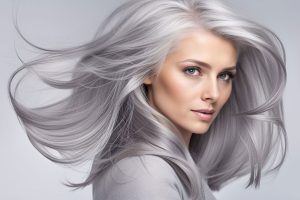The Legacy of Ancient Egypt in Cosmetology: Pioneers in Beauty and Fragrance
This comprehensive article explores the substantial influence of ancient Egyptian culture on the field of cosmetology. It discusses their innovative hairstyles, including locs, box braids, and the use of wigs, as seen in wall murals from 3100 BCE. The Egyptians’ pioneering work in creating cosmetics using minerals, insects, and berries, and their invention of kohl makeup, are also highlighted. The use of henna for hair and nail coloring is touched upon. The article further delves into the Egyptians’ use of essential oils extracted from plants for perfumes and purification, marking the onset of aromatherapy. It mentions the discovery of ruins near the Dead Sea that suggest Queen Cleopatra owned a perfume factory, indicating the concept of a wellness center originated in ancient Egypt. The article concludes by acknowledging the enduring impact of these ancient Egyptian practices on modern cosmetology.

The Legacy of Ancient Egypt in Cosmetology
The ancient Egyptians are often celebrated as pioneers in many areas, including architecture, mathematics, and writing. Yet, their contributions to the field of cosmetology are equally remarkable. With a culture that highly valued cleanliness, appearance, and scent, the Egyptians developed elaborate beauty routines and cosmetic products that would lay the foundation for modern practices in cosmetology.
Hairstyles and Beauty in Ancient Egypt
Evidence from ancient Egyptian wall murals dating back to around 3100 BCE depict figures sporting a variety of hairstyles, including locs, box braids, and wigs. The Egyptians took great care in their personal grooming, and hair was an essential aspect of their beauty regimen. Different hairstyles were used to signify various elements such as age, status, and profession. Wigs, often elaborately styled and perfumed, were particularly popular among the upper classes.
The Birth of Cosmetics
The ancient Egyptians were not just focused on hair care; they were also the first civilization to cultivate beauty in an extravagant fashion. Around 2630 BCE, they began using minerals, insects, and berries to create makeup for the lips and skin. Henna was used to dye the hair and nails a rich, warm red, a practice that continues in many cultures today.
One of the most notable contributions from the Egyptians is the creation of kohl makeup. Made from a mixture of ground galena (a black mineral), sulfur, and animal fat, kohl was used to heavily line the eyes. This not only served aesthetic purposes but was also believed to alleviate eye inflammation and protect the eyes from the harsh glare of the sun. The use of kohl has persisted through the centuries, and its influence can be seen in the eyeliners and mascaras we use today.
The ancient Egyptians also incorporated cosmetics into their religious ceremonies and burial preparations, demonstrating the profound cultural significance of these beauty practices.
The First Fragrances
In addition to their work with cosmetics, the ancient Egyptians were also the first civilization to use essential oils for their aromatic properties. They extracted these oils from various parts of plants, including the leaves, bark, and blossoms, and used them as perfumes and for purification purposes. This marked the beginning of aromatherapy, a practice that continues to be a significant part of modern cosmetology and wellness.
Ruins discovered near the Dead Sea suggest that Queen Cleopatra (circa 50 BCE) owned a perfume factory. This establishment reportedly offered massages, essential oils, and other beauty treatments, suggesting that the concept of a spa or wellness center has roots in ancient Egyptian culture.
Conclusion
The ancient Egyptians were true innovators in the field of cosmetology. From their elaborate hairstyles to their pioneering work with cosmetics and fragrances, their influence continues to be felt in today’s beauty industry. As we continue to refine and develop our beauty practices, we owe much to these ancient innovators. Their understanding of the importance of personal grooming and the use of natural ingredients continues to resonate, offering timeless beauty wisdom for the modern world.






